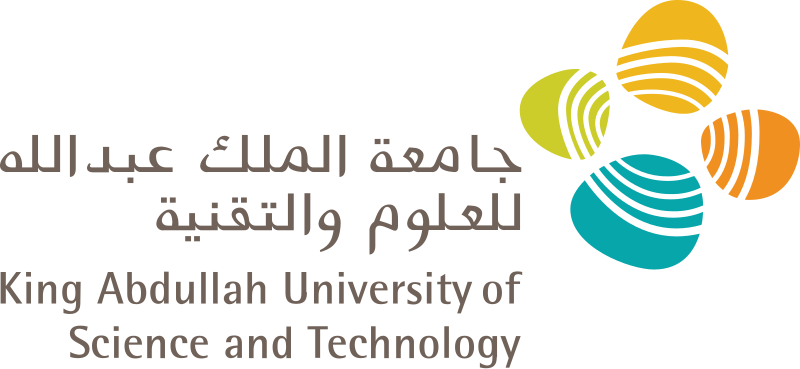
Registration Opens for SAF 2025: International STEAM Azerbaijan Festival Welcomes Global Youth
The International STEAM Azerbaijan Festival (SAF) has officially opened registration for its 2025 edition!

Pupils in Flemish primary education now have the possibility to attend part of their lessons in a different school. The arrangement is designed to create more flexibility for schools and parents while ensuring that children receive tailored support and opportunities.
The system applies to pupils from both mainstream and special needs primary education. They can take part-time classes in another primary school, in a secondary school, or in a school for special education if they hold an individualized curriculum (IAC) report.
Examples include:
The exchange can take various forms. Pupils may attend another school part-time for several weeks or even a full school year, take part in short-term projects such as a one-week program, or join classes weekly for a limited number of hours.
The pupil always remains enrolled in their original school, which is responsible for evaluation, report cards, and certification. Decisions such as repeating a year or awarding a primary school certificate are also made by the home school.
This form of flexible learning is only possible with the agreement of both schools, parents, and, if needed, the Pupil Guidance Centre (CLB) and the support network. Parents cannot demand part-time schooling in another institution.
Schools are encouraged to develop tailor-made agreements without additional administrative burdens.
In terms of funding, the pupil counts only in the school where they are officially enrolled. However, primary schools may exchange teaching hours in line with existing regulations. The home school retains full responsibility for all evaluations and academic decisions, from awarding final grades to deciding on grade retention.
The program is a direct response to a growing recognition that a one-size-fits-all approach to education is not effective. By allowing students to access the best resources available across different schools, the system aims to improve academic outcomes and ensure a smoother, more successful learning journey for all children in Flanders.
Share

Registration Opens for SAF 2025: International STEAM Azerbaijan Festival Welcomes Global Youth
The International STEAM Azerbaijan Festival (SAF) has officially opened registration for its 2025 edition!

Applying to KAUST - Your Complete Guide for Masters & Ph.D. Programs (Upcoming Admissions)
Admissions Overview & Key Requirements

Join the Edu-live Internship Program!
Are you passionate about journalism, education, science, as well as global study and development opportunities? Do you want to be part of a dynamic media platform that brings educational and scientific news and stories to life from around the world?

Young Leaders Union Conference 2025 in Paris (Fully Funded)
Join Global Changemakers in Paris! Fully Funded International Conference for Students, Professionals, and Social Leaders from All Nationalities and Fields

An mRNA cancer vaccine may offer long-term protection
A small clinical trial suggests the treatment could help keep pancreatic cancer from returning

Yer yürəsinin daxili nüvəsində struktur dəyişiklikləri aşkar edilib
bu nəzəriyyənin doğru olmadığı məlum olub. Seismik dalğalar vasitəsilə aparılan tədqiqatda daxili nüvənin səthindəki dəyişikliklərə dair qeyri-adi məlumatlar əldə edilib.